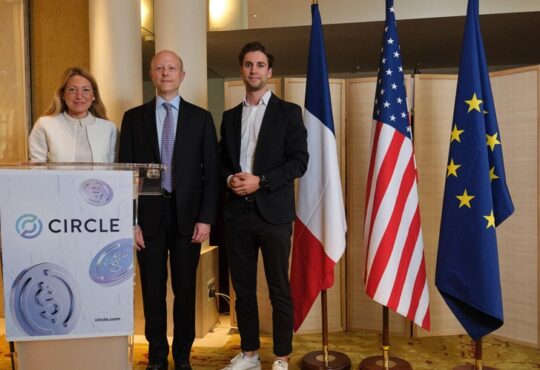Unlock the Editor’s Digest for free
Roula Khalaf, Editor of the FT, selects her favourite stories in this weekly newsletter.
A case known as the first successful bitcoin freezing injunction awarded in the UK courts was brought by a now-convicted money launderer to retrieve funds from a £5bn fraud in China, the Financial Times can reveal.
UK law firm Devonshires in 2018 boasted that it had won a freezing order at the High Court on behalf of a “private investor” who had been “scammed” by a broker during the sale of £1mn worth of bitcoin.
The law firm in a press release called the case “the first Bitcoin freezing injunction in the UK courts”.
The investor was a British-Chinese woman, Jian Wen, who was recently convicted in a high-profile money laundering case related to 61,000 bitcoin seized by the Metropolitan Police, court records show.
The episode raises questions about the extent to which the English courts are used for litigation over dirty money and how often judges are ruling on cases brought under false premises.
Wen in 2018 sued a Financial Conduct Authority registered broker who she was using to convert bitcoin into pounds to buy a £12.5mn property in Totteridge Common, London.
The broker, Anwar Sioufi of Exmoor Partners, that year had run off with 200 bitcoin — then £1mn — that Wen had sent to him in July for conversion for the house deposit, the juries in Wen’s criminal trial and retrial heard. The property sale ultimately fell through.
In her civil claim against Sioufi and Exmoor filed by Devonshires at the High Court, Wen was described as a “very successful” investor in bitcoin.
In fact, Wen was a former takeaway worker and the bitcoin she sent to Sioufi came from her then-boss Zhimin Qian, a fugitive from the Chinese authorities who ran an alleged £5bn investment scam in China. There is no suggestion Devonshires knew the description in the claim was false.
Between 2017 and 2020, Wen used a series of middlemen to convert Qian’s bitcoin into other assets including property, jewellery, cash and prepaid cards. One of those was Exmoor’s Sioufi.
Wen was convicted in March on one count of money laundering at Southwark Crown Court. She was previously acquitted on 10 other counts at an earlier trial last year.
She consistently denied knowing that Qian’s bitcoin allegedly came from a fraud in China and was not accused of any involvement in the alleged fraud. Qian’s whereabouts are unknown.
Wen’s claim in her lawsuit against Sioufi that she had been a successful bitcoin investor was used by the prosecution in her trials as evidence that she had at times been dishonest about the origins of the bitcoin.
She won a worldwide freezing order against Exmoor and Sioufi in August 2018. Exmoor Partners was put into liquidation in October that year, according to Companies House records.
A FCA supervisory notice against Exmoor from September 2018 ordered it to stop carrying out payment services.
Sioufi in 2022 was disqualified as a director because he caused Exmoor to “misappropriate customer monies and failed to return customer funds” totalling £2.2mn, including Wen’s and two other cases, according to the Insolvency Service. Sioufi could not be immediately reached for comment.
Devonshire’s press release about Wen’s case warned: “Cryptocurrency fraud is rising and becoming increasingly more sophisticated.”
The release noted that claimants seeking a freezing injunction had “an onerous duty to give full and frank disclosure of all facts”. Devonshires declined to comment.






